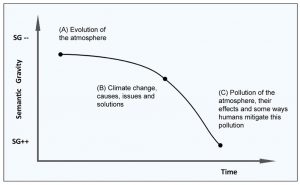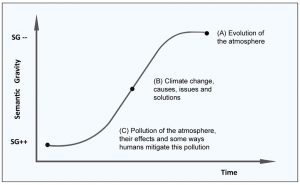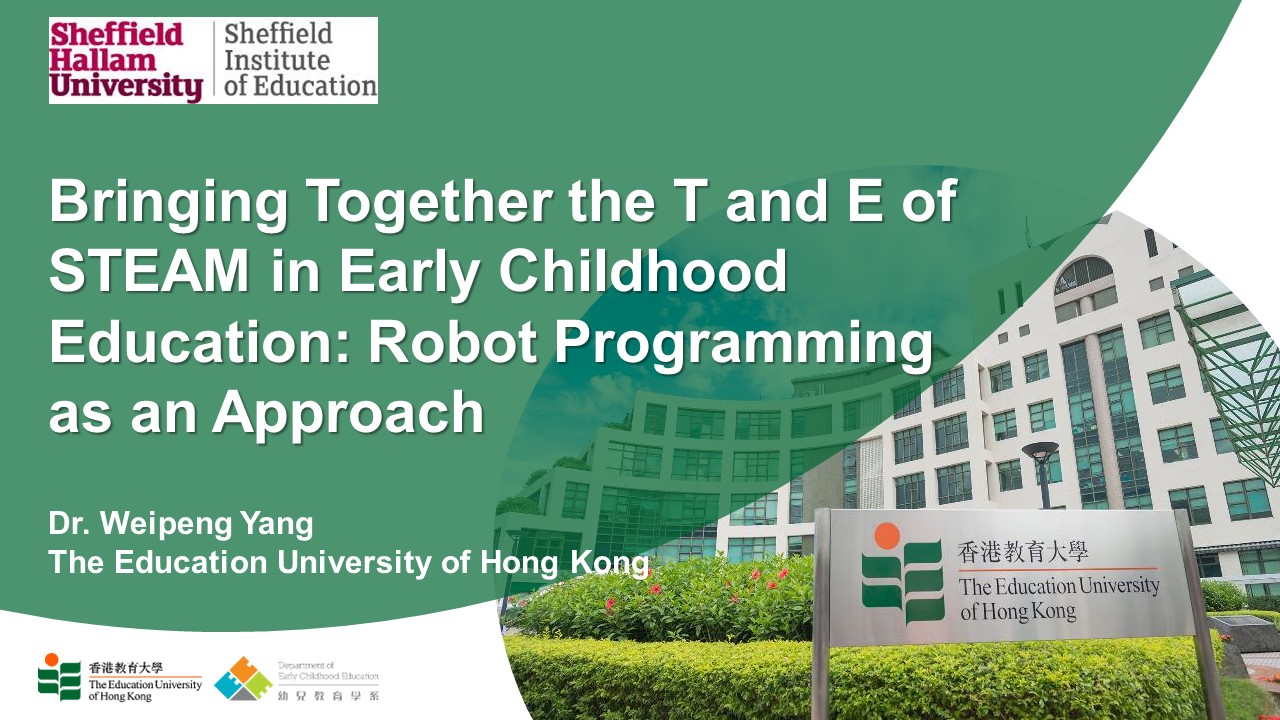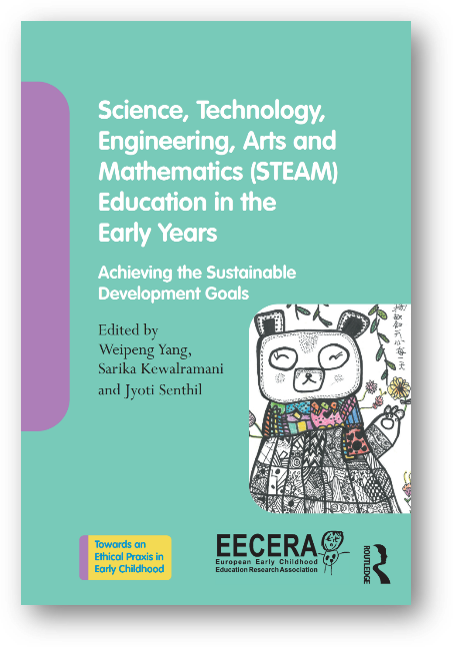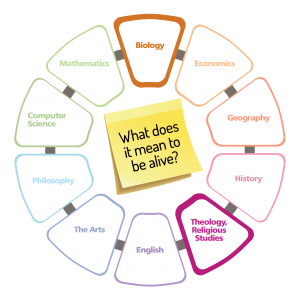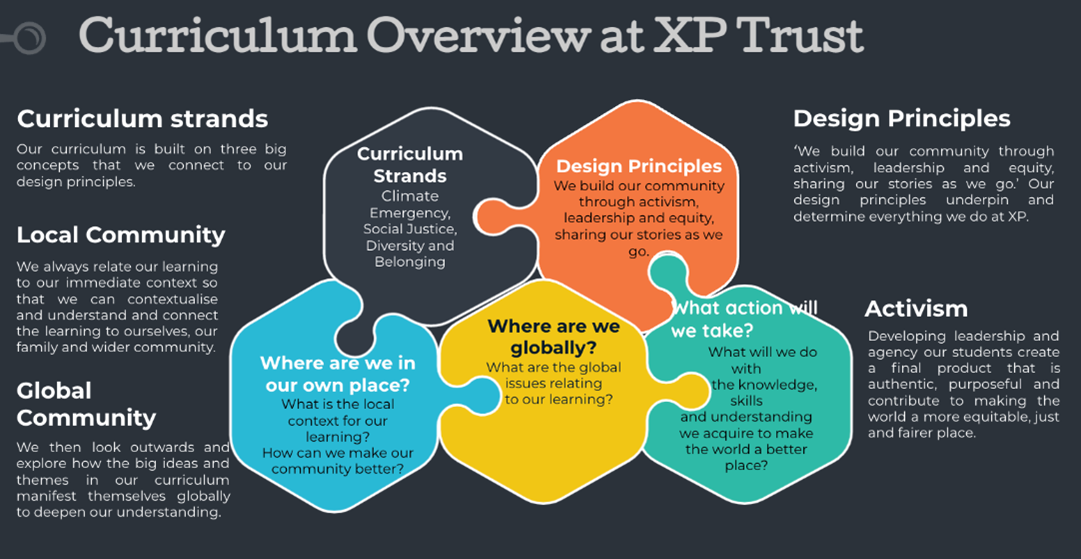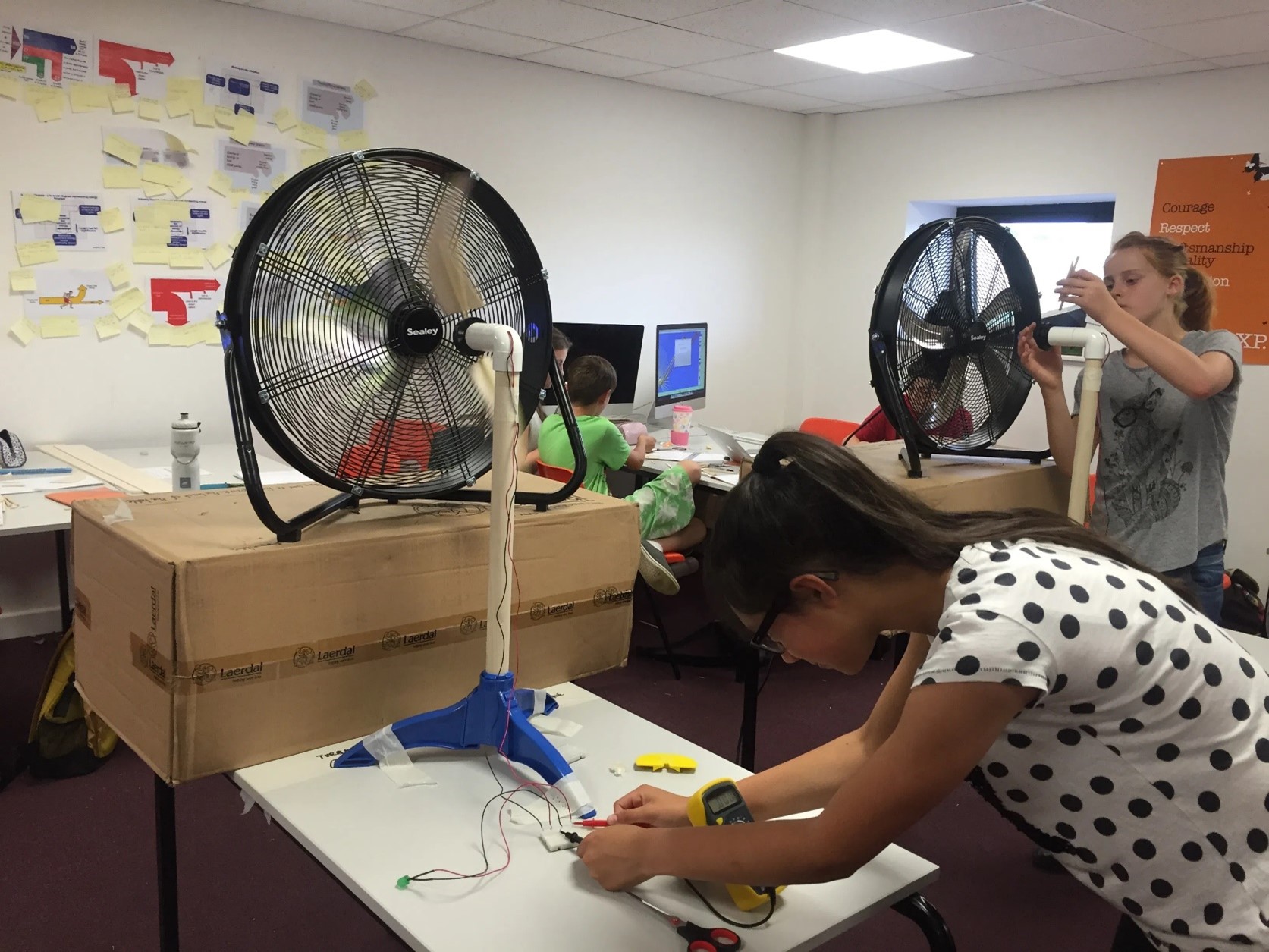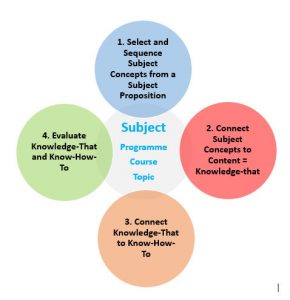Dr. Damian Windle, Head of The XL Academy at Ashton Sixth Form College
A recent media announcement (March 2024) has been doing the rounds regarding how the universities of Oxford and Cambridge need to improve in terms of attracting more state school students and helping them succeed at such elite institutions[1]. Indeed, such calls are a perennial feature of the widening participation agenda and the broader socio-political landscape with the increasingly heated debate during the 2022 ill-fated Tory leadership contest a demonstration of how access to Oxbridge has become weaponised[2].
A Sutton Trust report a few years ago underlined the imbalance in state vs independent school acceptances to Oxbridge, with independent schools 7 times more likely to gain a place than state schools (Montacute and Cullinane 2018) and 8 top independent schools having more offers than 3000 state schools put together. Clearly there is a discrepancy in who is able to attain the ‘valuable prize’ (Mountford-Zimdars 2016) of an offer to study at such elite institutions – why is this? I was curious as to how high achieving sixth form students themselves perceived the Oxbridge application process from their perspective and in their own words and embarked on a research journey that would shine a light on this social practice.
My research has focussed on the student experience of high achieving sixth form students with particular reference to how they perceived and experienced the Oxbridge application process. Based on focus groups and interviews over the course of a year at a Northern Sixth Form College, I found the application process viewed from the students’ perspective to be an obscuration, with each stage of the Oxbridge application process lacking transparency and students not knowing or understanding the ‘rules of the game’ (Bourdieu and Passeron 1990) to succeed. For many of the students, they felt disadvantaged in not knowing what Oxbridge was looking for in the writing of their personal statements for their initial application for university. Similarly, they felt unprepared for Oxbridge entrance exams (which had minimal support in terms of mark schemes and specifications on what would be covered) and the subsequent interviews had an air of mystery and lack of clarity as to what to expect with valuable success criteria withheld from them. Some students even felt in the dark over why they had in the end been rejected from Oxbridge with bland generic feedback offered from the Oxbridge colleges, leaving the students feeling that they were at fault – hardly a great mindset for them to approach their A-level exams 2 months later. It is little surprise that the language couched in terms of applying to Oxbridge by the students was one of luck: ‘a gamble’ or ‘a wildcard’ – in essence an arbitrary game of chance in which the odds were stacked against them.
Part of the reason why these students felt like they had little chance, my research suggests, is because of their lack of social, cultural and economic capital (Bourdieu 1984) that prevented them from fully understanding how to play the Oxbridge application game. They did not have the family support, the social connections or the financial support for extra tutoring. Moreover, they had misrecognised the application process to be one of ‘if you are good enough then you will get in’ when in fact it was far more complex and skewed in favour of applicants who had more capital and hence a greater understanding of the application process. This was further compounded by the Covid-19 pandemic which highlighted how the lack of open events and in-person interviews hindered these 6th form students as they found it difficult to imagine their future (Stubbs and Murphy 2020) and ‘up their game’ during online interviews.
An interesting feature of my research was how the lack of success criteria at each stage of the Oxbridge application process created and perpetuated certain myths. These were stories passed from student to student surrounding the difficulty of an Oxbridge application and were perhaps a way in which the students made sense of their experiences in the absence of a transparent process. This ranged from astonishingly difficult interviews to students being rejected even though they had perfect grades. Crucially, these myths were rarely positive and only added to the sense of low confidence and being hesitant underdogs in the application process.
So where does this get us? My research suggests that if we consider the Oxbridge application process as a game, then currently the rules of this game are not transparent and not clear enough to create equity amongst all that apply. Crucially, the high achieving students that are disadvantaged the most in this process tend to be the ones who have less capital than others – students who might come from low income backgrounds or be the first in their family to apply to university. In order to level the playing field, my research proposes a series of recommendations such as exemplar Oxbridge personal statements and interview questions for every subjects so that maybe, just maybe, all students get an equal chance at playing the Oxbridge game.
Read the research in full: http://shura.shu.ac.uk/33552/
References
Bourdieu, P. (1984). Distinction a social critique of the judgement of taste. London: Routledge.
Bourdieu, P., & Passeron, J. (1990). Reproduction in education, society and culture (2nd ed.) Sage.
Montacute, R. and Cullinane, C. (2018). Access to Advantage: The influence of schools and place on admissions to top universities. London: The Sutton Trust
Mountord-Zimdars, A. (2016). Meritocracy and the university selective admission in England and the United States. London: Bloomsbury Academic.
Stubbs, J. E., & Murphy, E. C. (2020). ‘You got into oxbridge?’ under-represented students’ experiences of an elite university in the south of England. Higher Education Quarterly, 74(4), 516-530. doi:10.1111/hequ.12251
[1] https://www.theguardian.com/education/2024/mar/10/oxbridge-must-help-pupils-from-state-schools-succeed-college-head-says
[2] https://www.theguardian.com/commentisfree/2022/aug/01/liz-truss-tory-race-oxbridge

